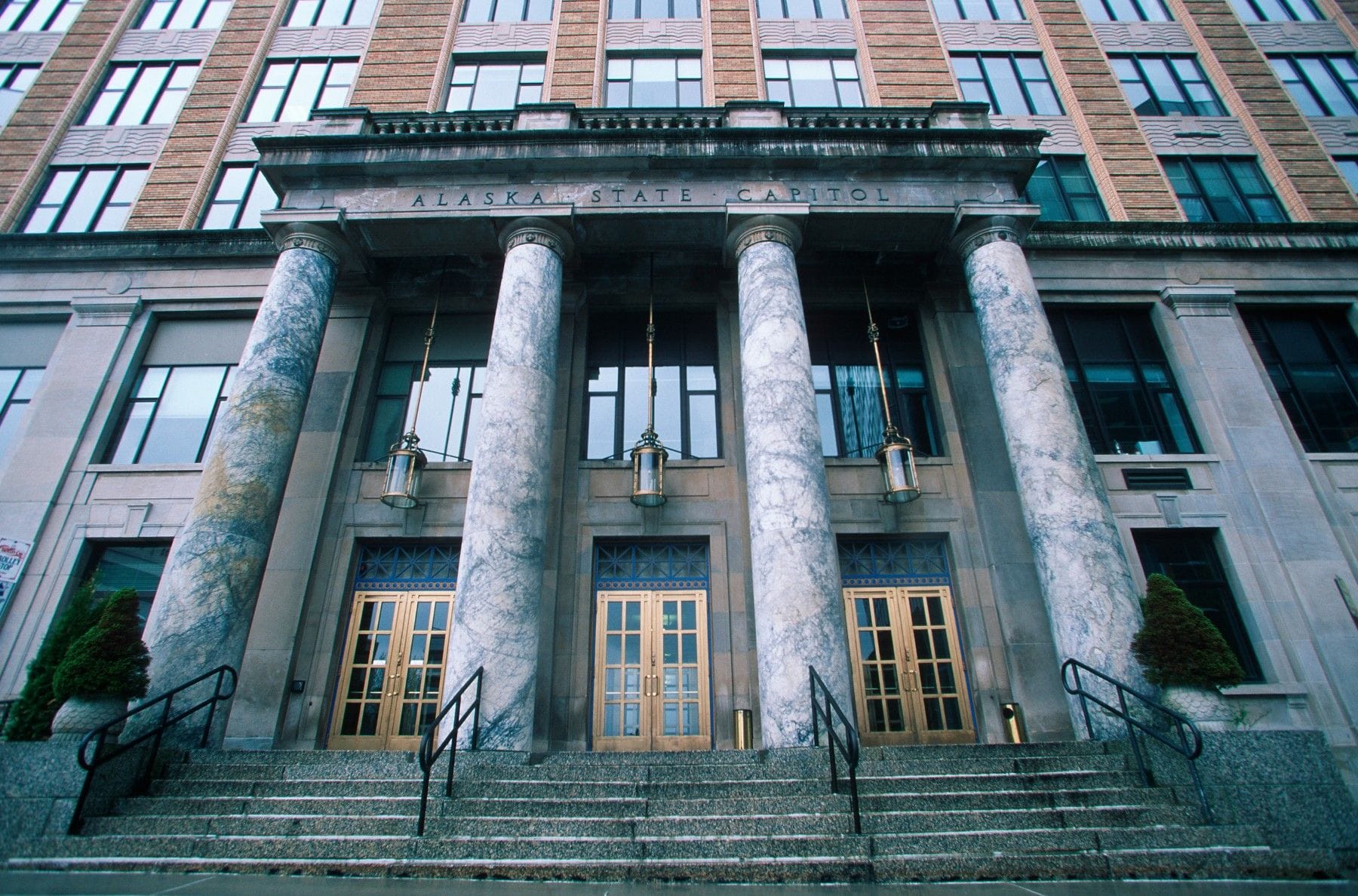Alaska Expert Witness Disclosure Requirements
Alaska requires timely expert witness disclosures detailing qualifications, opinions, and updates, ensuring transparency and fair trial integrity in civil procedures.
Updated on
In this article
When Are Expert Witness Disclosures Required in Alaska?
In Alaska, the timing for expert witness disclosures is governed by the Alaska Rules of Civil Procedure. Rule 26(a)(2) outlines the requirements for disclosure, stipulating that parties must disclose the identity of any expert witness they plan to use at trial. The initial disclosure of expert witnesses typically aligns with the pre-trial scheduling orders set by the court, which can vary based on the complexity and specifics of the case.
Generally, initial expert witness disclosures are required at least 90 days before the trial date unless otherwise ordered by the court. This timeframe allows both parties ample opportunity to prepare their cases and to conduct any necessary depositions or further discovery. Supplemental disclosures, which address any updates or changes to the expert’s information, must be made in a timely manner, typically no later than 30 days before trial. However, case-specific deadlines may be adjusted by the court to accommodate unique circumstances.
Information That Must Be Included in the Disclosure
Alaska's expert witness disclosure requirements are detailed and comprehensive, ensuring clarity and fairness in litigation. According to Rule 26(a)(2), the disclosure must include:
- Expert Qualifications: A detailed account of the expert's qualifications, including their curriculum vitae, education, and professional experience, to establish their credibility.
- Opinions and Bases for Opinions: A written report prepared and signed by the expert, which includes a complete statement of all opinions to be expressed and the basis and reasons for those opinions.
- Data Considered: A list of all data or other information considered by the expert in forming their opinions, ensuring transparency and allowing for effective cross-examination.
- Fee Structures: The compensation arrangement for the expert’s study and testimony, helping to assess any potential bias.
- Prior Testimony: A list of other cases in which the expert has testified as an expert at trial or by deposition within the preceding four years, providing context for their experience and reliability.
Supplementing and Amending Expert Disclosures
The duty to supplement or amend expert disclosures in Alaska is paramount, as outlined in Rule 26(e). Parties must update their disclosures if they learn that the information provided is incomplete or incorrect in some material respect. This supplementation must occur in a timely manner, ensuring that the opposing party is not prejudiced by outdated or incorrect information.
Failure to properly supplement or amend disclosures can lead to significant consequences. Courts may exclude the expert's testimony if the failure to disclose was neither justified nor harmless, emphasizing the importance of accuracy and diligence in maintaining current expert information.
Consequences of Failing to Properly Disclose an Expert
The repercussions for failing to comply with expert witness disclosure requirements in Alaska can be severe. The most immediate consequence is the potential exclusion of the expert's testimony, which can significantly weaken a party's case. Courts may grant motions to strike the expert, preventing them from testifying at trial.
Additionally, parties may face sanctions under Rule 37, which can include monetary penalties or adverse inference instructions to the jury. The failure to disclose can also result in broader litigation risks, such as delays in proceedings and increased legal costs. As legal scholar John Doe notes, "The integrity of the judicial process hinges on full and fair disclosure of expert testimony, making compliance with disclosure rules non-negotiable."
State-Specific Rules and Key Considerations
While Alaska generally follows the Federal Rules of Civil Procedure regarding expert witness disclosures, there are state-specific nuances to consider. One notable difference is the emphasis on timing and the flexibility afforded to trial courts in setting deadlines. Alaska courts have discretion to adjust deadlines and disclosure requirements to fit the needs of individual cases, reflecting the state's commitment to a tailored approach in civil procedures.
Moreover, Alaska's Rule 702, which governs the admissibility of expert testimony, underscores the importance of relevance and reliability, echoing the Daubert standard used in federal courts. Practitioners must ensure that their experts not only meet disclosure requirements but also can withstand challenges to their qualifications and methodologies.
In summary, understanding and adhering to Alaska’s expert witness disclosure rules is crucial for legal professionals. The requirements ensure that expert testimony is presented transparently and fairly, maintaining the integrity of the judicial process. By following these guidelines, attorneys can effectively manage expert witnesses and mitigate risks associated with disclosure failures.


